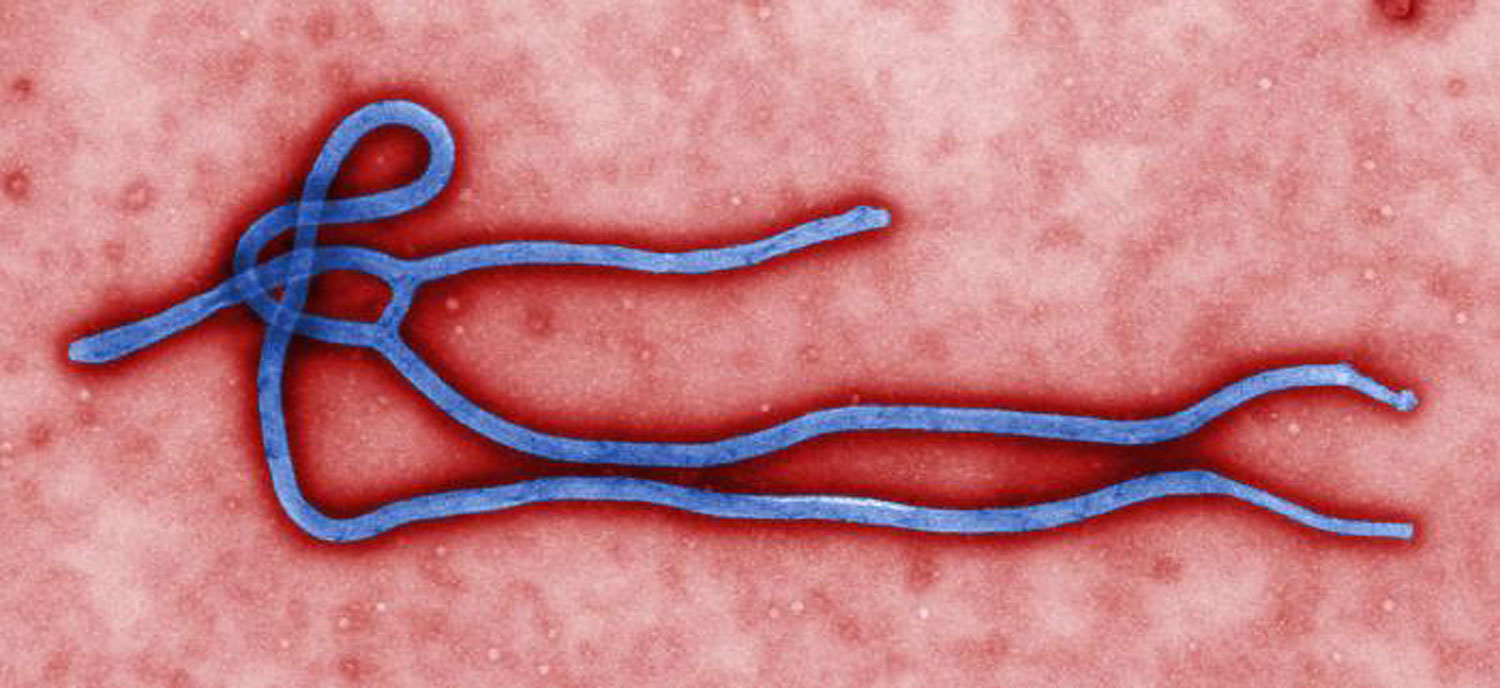
Emory University Hospital in Atlanta announced Thursday that it expects to receive a patient with the Ebola disease within the “next several days.”
Two Americans, Nancy Writebol and Dr. Kent Brantly, contracted the infection in Liberia. The hospital does not yet know whether the patient is one of these two Americans or when he or she will arrive.
“Emory University Hospital has a specially built isolation unit set up in collaboration with the CDC [the Centers for Disease Control and Prevention] to treat patients who are exposed to certain serious infectious diseases,” the hospital said in the statement. “It is physically separate from other patient areas and has unique equipment and infrastructure that provide an extraordinarily high level of clinical isolation. It is one of only four such facilities in the country.”
The Ebola virus can spread through bodily fluids, putting health care workers treating patients at risk. The doctors and nurses who work with the patient will wear full-body protective suits.
Meanwhile American health officials have advised against nonessential travel to Guinea, Liberia and Sierra Leone, where the disease has taken 729 lives this year. Up until now, the CDC has only advised travelers to take precautions when traveling in West Africa. This is the first time the CDC has issued a high-level warning since the SARS outbreak in Asia in 2003. The warning is meant both to protect U.S. citizens and help overwhelmed hospitals and clinics in West Africa.
“It is frankly a dreadful and merciless virus. The current outbreak is bad. It’s the biggest, most complex and the first time it’s been present in this region of the world which means that response systems and community understanding of the disease is not what it is elsewhere,” CDC director Dr. Thomas Frieden said during a call with the press on Thursday.
However, Frieden says that he does not think Ebola can spread in the U.S. “That’s not in the cards,” he told reporters.
In terms of evacuating the Americans who are infected, Frieden said that any organization looking to airlift the infected would have to exercise caution. “We do not have effective treatment or vaccine for Ebola. There is no proven treatment. There is no proven vaccine. There is not likely to be one for at least a year, even in the best case scenario,” he said.
“There is the potential that the actual movement of the patient could do more harm than the benefit from more advanced supportive care outside of the country.”
Emory University Hospital says it is well equipped to handle any patients it does receive. “Emory University Hospital physicians, nurses and staff are highly trained in the specific and unique protocols and procedures necessary to treat and care for this type of patient,” the statement says. “For this specially trained staff, these procedures are practiced on a regular basis throughout the year so we are fully prepared for this type of situation.”
Some have recovered from Ebola, but the mortality rate for people infected ranges from 50% to 90%. Experts estimate that about 60% of the people infected with the virus during this particular outbreak have died.
More Must-Reads From TIME
- The 100 Most Influential People of 2024
- Coco Gauff Is Playing for Herself Now
- Scenes From Pro-Palestinian Encampments Across U.S. Universities
- 6 Compliments That Land Every Time
- If You're Dating Right Now , You're Brave: Column
- The AI That Could Heal a Divided Internet
- Fallout Is a Brilliant Model for the Future of Video Game Adaptations
- Want Weekly Recs on What to Watch, Read, and More? Sign Up for Worth Your Time
Write to Eliana Dockterman at eliana.dockterman@time.com